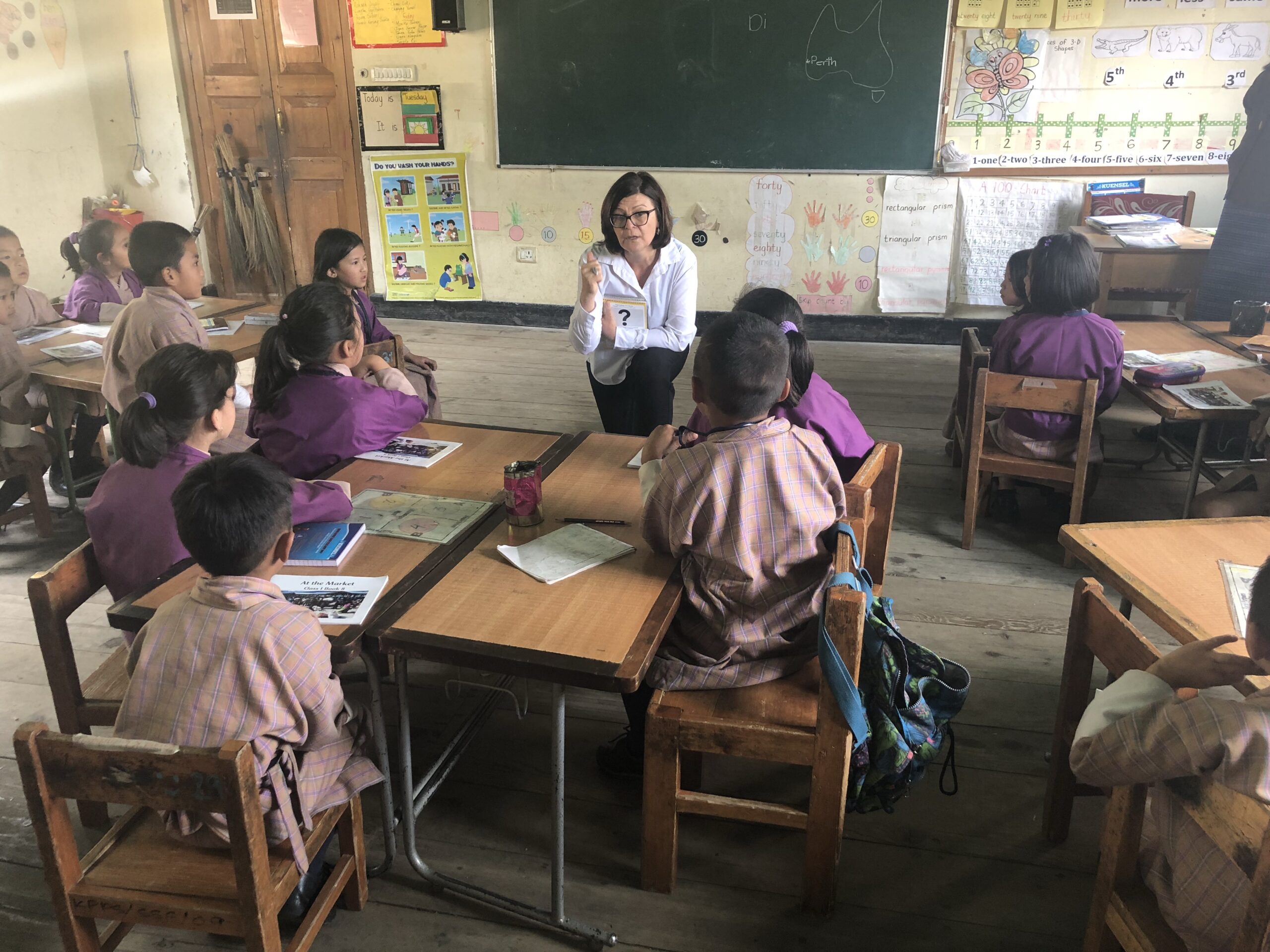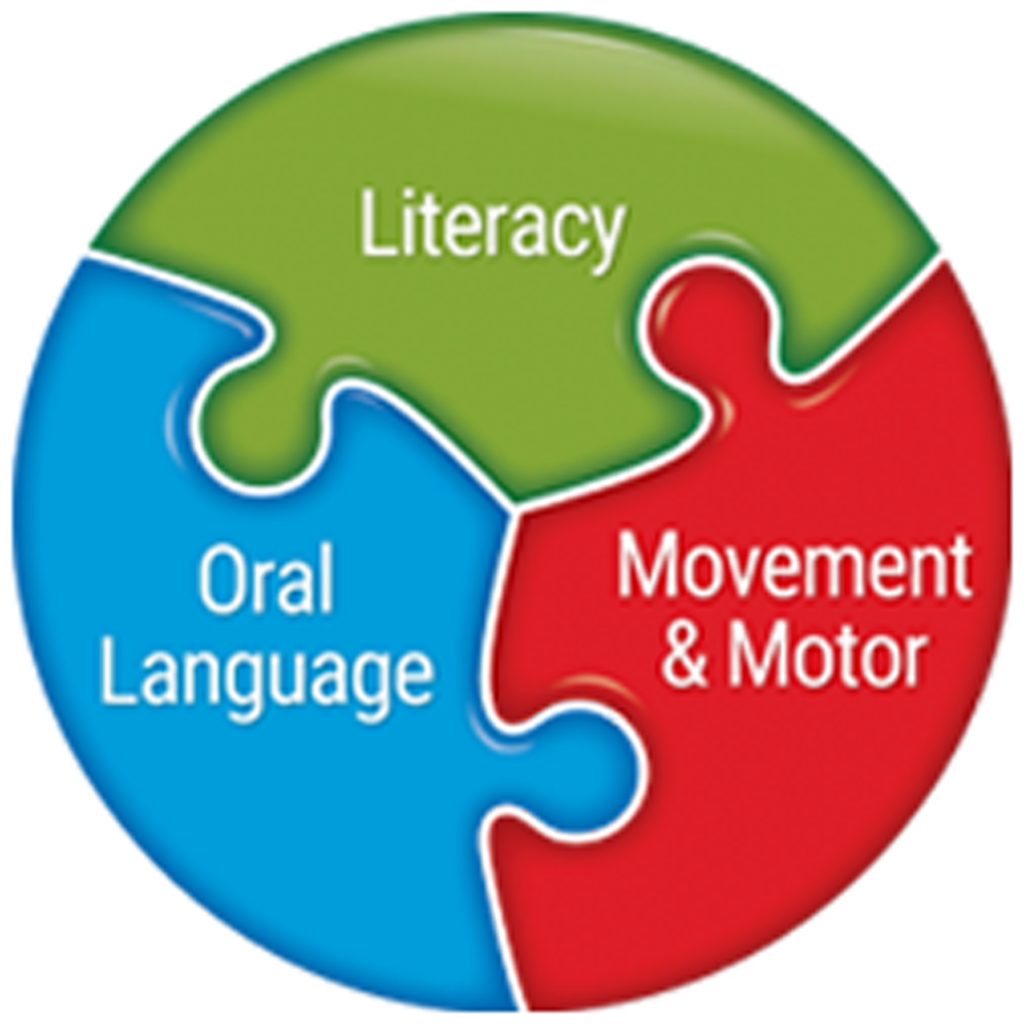
In 2018, PLD’s founder Diana Rigg was offered the opportunity to contribute to the charity Hear Hear for Bhutan led by Emeritus Professor Helen Wildy, former Dean of the Faculty of Education at the University of Western Australia. Through Hear Hear for Bhutan, Diana shared PLD’s Structured Synthetic Phonics (SSP) program with the Government of Bhutan.
In the years that followed, SSP classroom resources and workbook activities were devised. Over multiple trips, the Bhutanese Junior Primary teachers were trained in the implementation of PLD, and the Bhutanese curriculum was upgraded by embedding SSP into the termly units of work.
This close collaboration culminated in a memorandum of understanding drawn up between PLD and the Bhutanese government. In March 2020 it was endorsed by the cabinet secretariat, and two months later in May it passed through the parliament to seal it. (See timeline below.)
PLD is proud and privileged to continue the implementation of SSP programs in Buthanese primary schools to this day, with newly updated workbooks recently provided to schools.
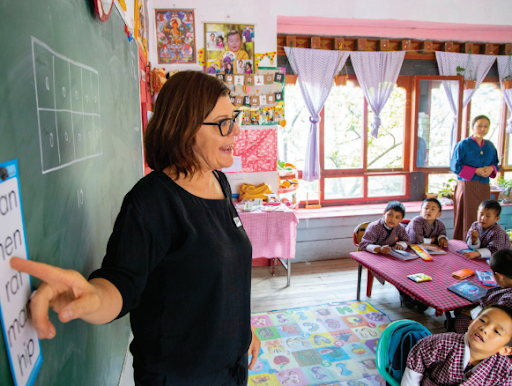
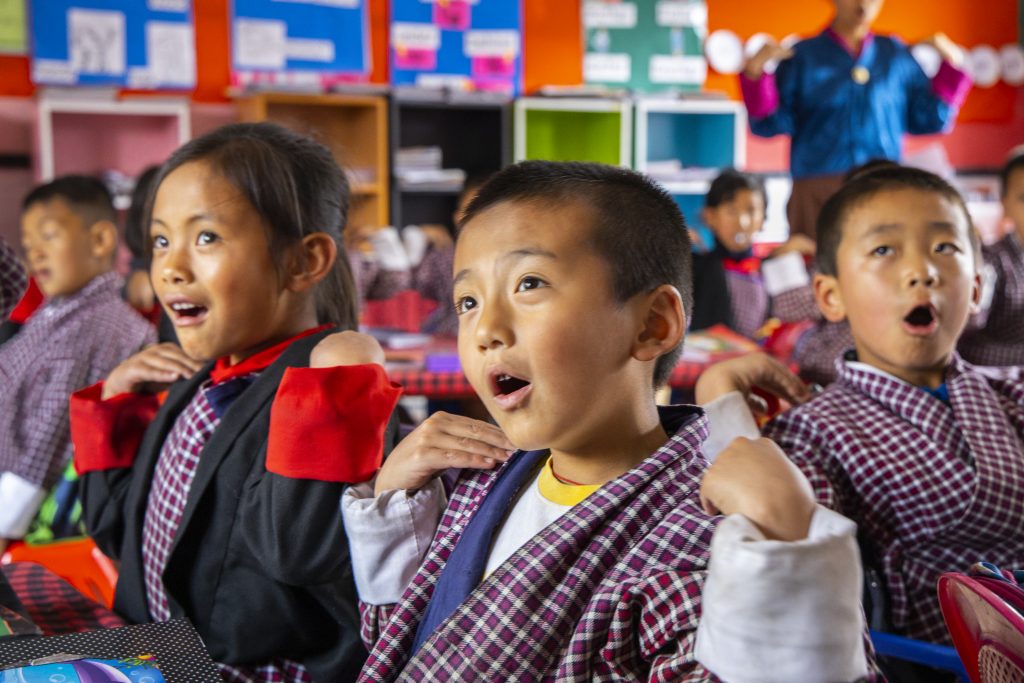
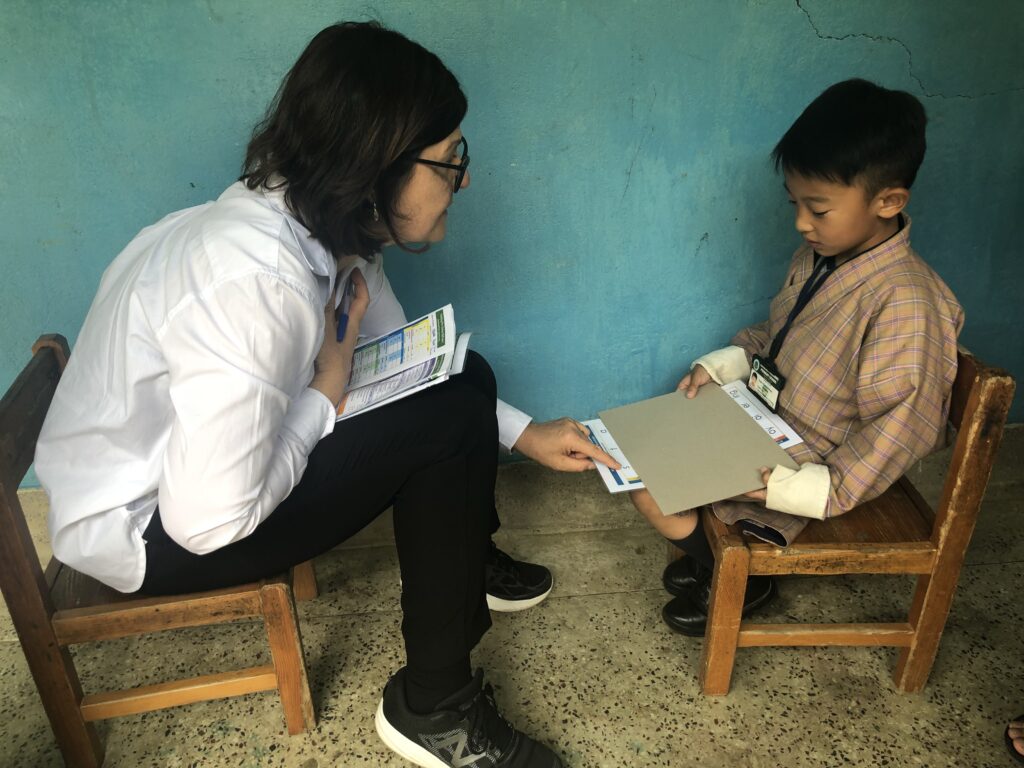
Diana Rigg was featured in Santa Maria College magazine (her old high school alumni). Below is an extract from the interview. (Read the full transcript of the article here.)
Diana has long been recognised as a force in Australian education. Her business, Promoting Literacy Development (PLD), was named Australian Education Publisher of the Year in 2018 and 2019, despite competition from multinational companies. She has worked with countless students, graduate teachers and Indigenous communities.
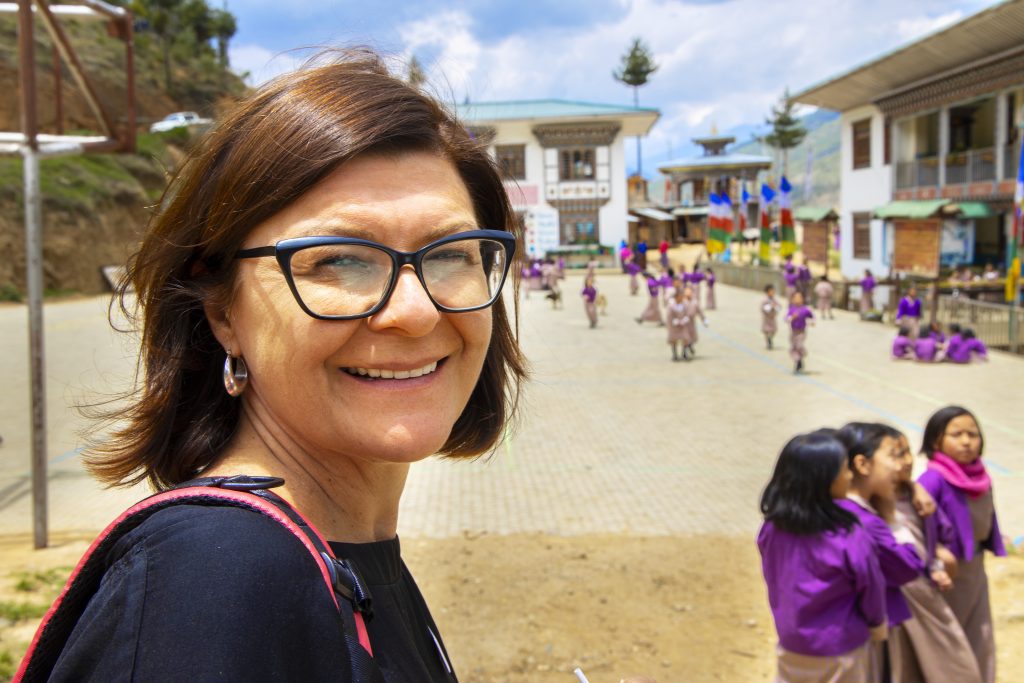
Innovation and leadership in education have long been Diana’s passion. However, no amount of training or experience could have prepared her for her latest and most ambitious venture. In partnership with charity Hear Hear for Bhutan and UWA’s Emeritus Professor Helen Wildy, Diana is helping to transform education in the tiny nation of Bhutan.
Bhutan is a fledgling nation of 800,000 people. It is largely Buddist and the students are schooled in Dzongkha and English. It is situated between India and China, two powerful economic and military forces. It has only had three democratic elections so far and is still developing its systems and infrastructure. Diana describes Bhutan as a country with depth. She says, “I’m well-travelled but I’ve never been to a place like Bhutan. The people are present, they listen and they are thoughtful.” The way they make economic and political decisions is reflective of this mindset.
After a chance meeting with Professor Wildy, Diana agreed to gift the intellectual property of her PLD structured synthetic phonics program to the government of Bhutan. A memorandum of understanding between PLD and the Bhutanese government was drawn up. In March it was endorsed by the cabinet secretariat and in May 2020, it passed through the parliament to seal it.
As with many innovative and bold initiatives, the time and work involved only became clear once Diana and her team had embarked on the project. The Bhutanese do speak excellent conversational English, but the processes in place for teaching literacy are problematic. From a publishing point of view, there are very few printing or photocopying resources in the country. In addition, there is a challenge in training teachers nationally to delivery a modern approach to phonics and literacy acquisition. Diana is making use of smartphones and YouTube to deliver training, in order to overcome the extra hurdles caused by limited resources, COVID-19 and the difficult terrain.
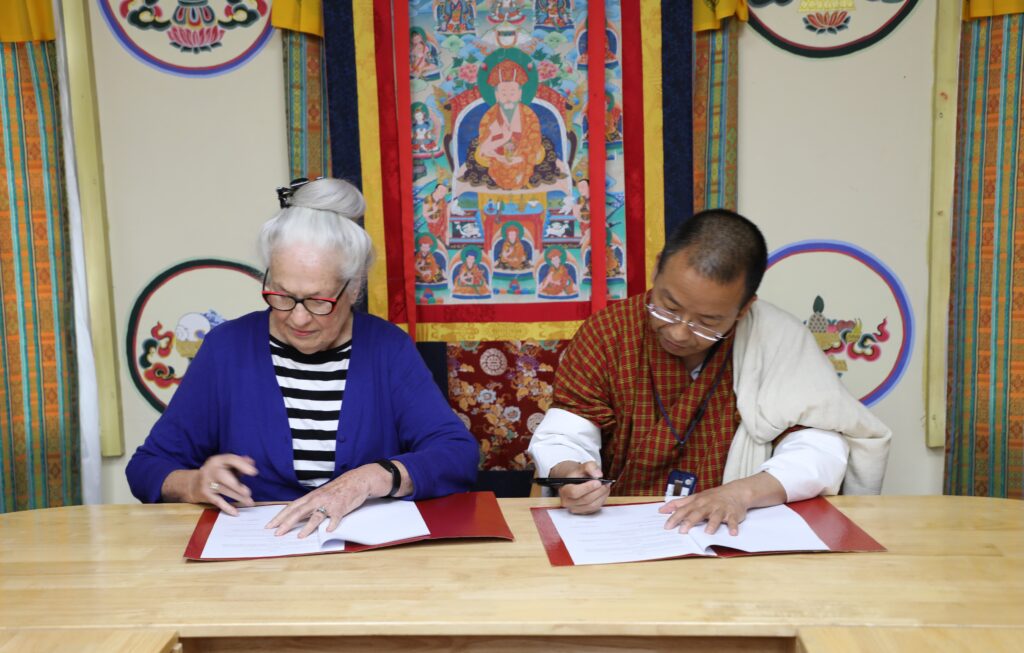
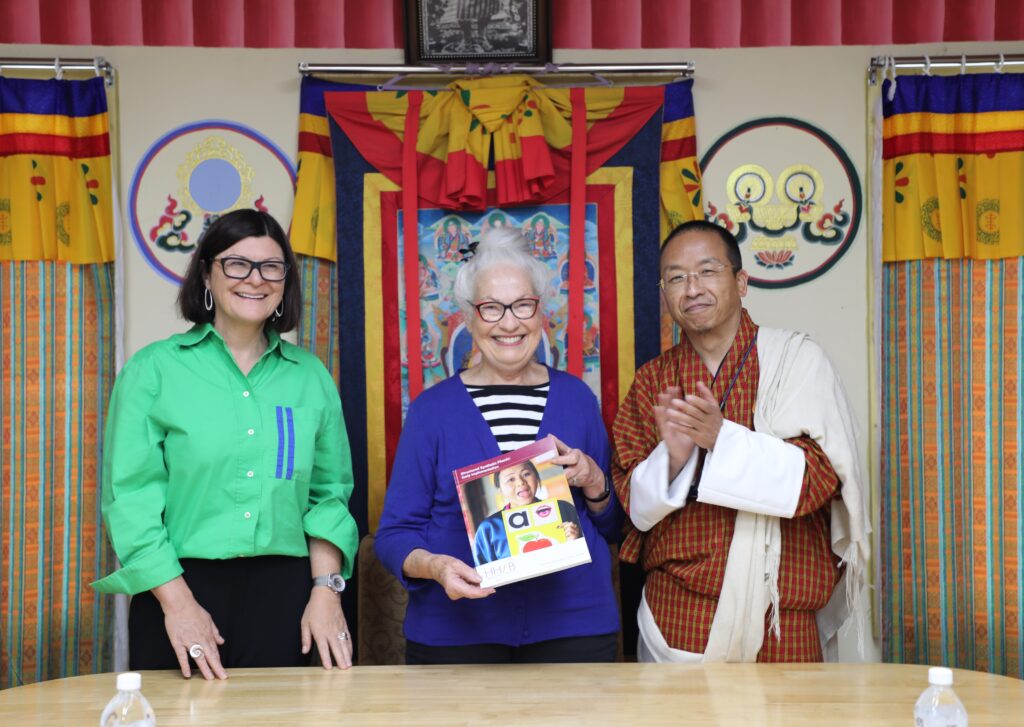
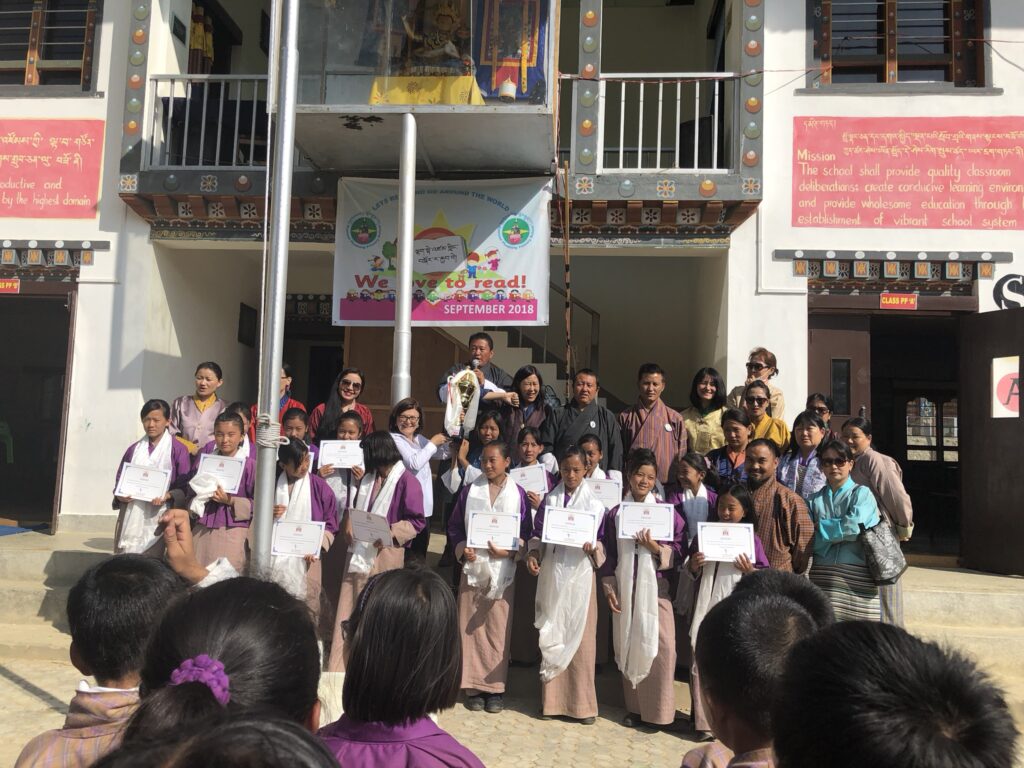
As shown in the photos above, in May 2020 a Memorandum of Understanding passed through Parliament recognising PLD’s contribution to Bhutan.
Below shows a timeline of PLD’s collaboration with Hear Hear for Bhutan:

Why Bhutan?
Bhutan is a small country in the Himalayan foothills, with fewer than 800 000 people who share Buddhist values and are known for their policy of gross national happiness. Bhutan’s unique national culture is upheld with pride, demonstrating ecological sustainability, strong community spirit, generosity and a sense of gratitude.
Surprisingly, there is around 7,000 Bhutanese living in Perth. Many are studying. Despite the numbers of international students, Bhutan struggles with low levels of literacy. An increase in literacy skills would provide opportunities for greater prosperity for the individuals of Bhutan and the country as a whole.
What work does Hear Hear for Bhutan do?
Hear Hear For Bhutan (HHfB) raises funds to improve the opportunities for future generations of hearing-impaired children. The charity does this by identifying hearing impairment in early childhood, fitting high-quality digital hearing aids to provide good access to the sounds of speech and by training early childhood teachers to coach parents and carers in appropriate interactions with their hearing-impaired children to support normal speech and language development, in line with World Health Organisation standards.
The charity provides high-quality hearing aids for students of the Wangsel Institue for the Deaf, where such intervention is appropriate, and support a small oral program at the school and will build capacity to maintain the hearing aids in situ.
Their work embraces all mainstream schools to enhance the teaching of literacy in the early years. To support literacy, especially but not only for early readers, the charity sends donated books to schools across Bhutan.
How to Support Hear Hear for Bhutan
Hear Hear For Bhutan (HHfB) needs public support to raise funds to improve the opportunities for future generations of hearing-impaired children. To find out more about the charity, or to support or donate to this important cause, please visit their website here.
